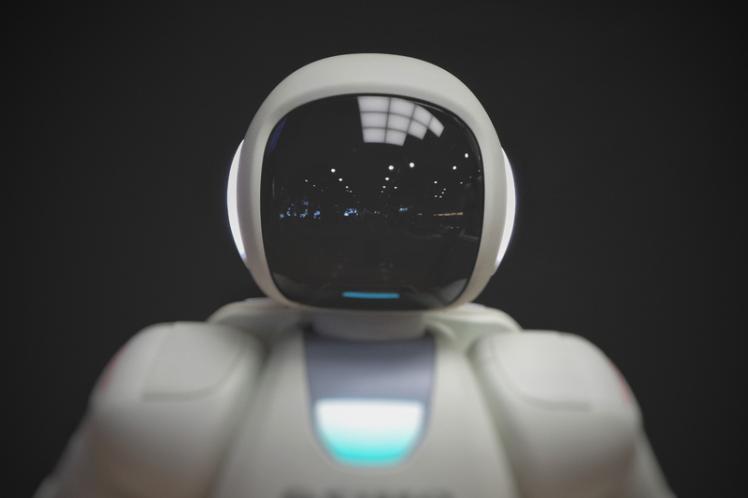Future of Work: Why Automation Won't Take Your Job

Recent headlines would have us all believe that robots are merely a few years away from stealing our jobs. But I’m here to tell you that there are many reasons why that is unlikely to happen.
I’ve been researching and writing on the future of work for nearly a decade, and the bottom-line is the fact that humans and machines are better together.
AI vs The Human Brain
Influential psychologist and computer scientist J. C. R. Licklider believed that instead of implementing human-style intelligence, computers would complement human intelligence. His 1963 prediction has, in fact, become a realisation today:
“Men will set the goals, formulate the hypothesis, determine the criteria, and perform the evaluations. Computing machines will do the routinizable work that must be done to prepare the way for insights and decisions in technical and scientific thinking. . . The symbiotic partnership will perform intellectual operations much more effectively than man alone can perform them.”
- J. C. R Licklider, Man-Computer Symbiosis
How does this work in practice today? Humans specify goals and criteria, whilst algorithms do the heavy lifting. Apps such as Google Translate and Waze utilize data and algorithms in order to quickly serve up relevant insights and information. We’ve identified that artificial intelligence (AI) is extremely valuable when it involves large data sets and routine tasks
But when it comes to situations or problems outside the routine, we still need a human brain for problem-solving. This article published by Deloitte points out that algorithms lack the conceptional understanding and common sense reasoning needed to do anything more but make inferences from structured hypotheses. Human judgement, therefore, is absolutely required to keep algorithms and their output in check.
Human Judgement is Imperfect (But Essential)
Some cognitive scientists believe that AI decision-making is based on human processes, but this is far from the case. Not only are artificial minds less biased, but they also don’t fatigue. AI can run consistently to organize and extract data in mere seconds, whilst simultaneously examining multiple sources to make accurate predictions.
Notice though, I said less biased, not unbiased. We should remain cautious when outsourcing tasks associated with fairness, societal acceptability and morality to AI systems, as they cannot be assumed to be fair and/or objective. A 2013 study revealed that algorithmic online advertising systems had targeted ads for high-paying jobs more frequently to men than women, and ads suggestive of arrests more often to people with names commonly used by black people.
These shortcomings in AI mean that we won’t be losing our jobs to autonomous robots anytime soon.
Where the Real Competition Will Come From
The anxiety of AI is in most cases, unwarranted. Teamwork will involve high levels of human and machine collaboration, but in 2035, your biggest competition will still be other humans.
As of 2018, there are five generations in the workforce, led by traditionalists (born before 1945) and baby boomers (born 1945-63). However, due to the small size of Gen X (born 1964-79), millennials (born 1980-95) are moving into leadership positions at a much faster pace – an average of 10 years earlier than their predecessors.
The oldest members of Gen Z (born 1996-2012) are now joining the workforce, with – arguably – a better understanding of how to utilize technology for business impact.
Organizations that want to keep top Gen Z talent must provide them with tools and training to allow them to perform their jobs with maximum efficiency.
What’s more, improvements in connectivity and remote working will increase competition for jobs, as candidates will battle against larger populations of working-aged people in China and India, which are on the way to become the leading exporters of qualified talent.
So, how can you prepare your organization for the future of work? The answer is simpler than you might think. Focus on your best people, in all generations from all backgrounds, and empower them with the right tools.
Receive articles like this straight to your inbox every week. Sign up to our newsletters today.




